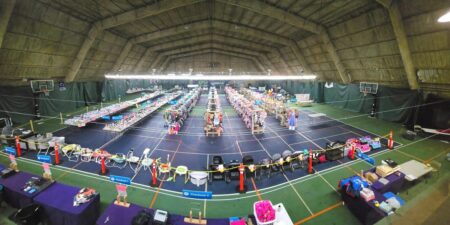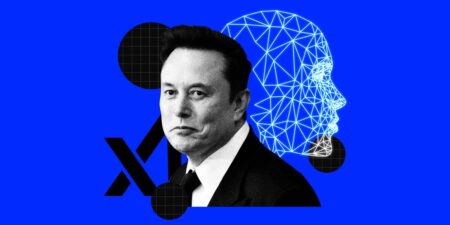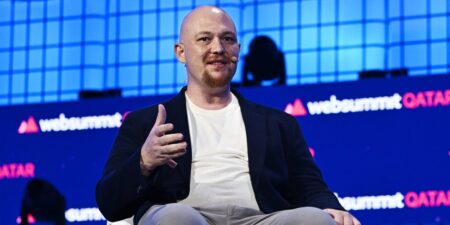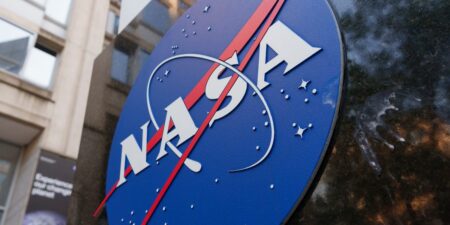It’s officially Tech Week in New York, when the city cosplays as San Francisco and networking happy hours take over seemingly every bar. On Sunday evening, around 50 founders and investors kicked off the week with a power walk on the High Line — and while pretty much everyone seemed to be discussing AI, they told me that the event itself represented what new technology can’t replace.
I arrived at the walk a few minutes early to find a small crowd assembled, the brave wearing athletic shorts in the uncharacteristically cold June weather. As we started to walk, the word ‘AI’ seemed to dot every conversation I overheard.
Of the six founders I talked to, five of them explicitly marketed their projects as AI companies. All of the AI enthusiasts I talked to, though, independently told me there’s one crucial business skill that the technology can’t master: interpersonal skills.
“What AI will never replace is human connection, how to deal with people,” Somya Gupta, 25, told me. Gupta founded Context just under a year ago, an AI education startup that partners with universities to help professors create fully AI-taught online courses. He said that face-to-face interaction is what makes Tech Week important.
Ben Spray, 21, is the CEO of Consolidated Consulting, a private equity professional services firm, and is working to build another company. His next venture is an AI-powered IT department that he hopes will consume his current startup.
Spray thinks that the humans at his startup outperform AI in two key areas: “Design and emotional intelligence.”
AI might be able to produce code, but it can’t understand “really, really varied connections,” Spray told me.
Matt Bishop, who founded Open City Labs in 2017, told me he’s been building AI chatbots “since before it was cool.” His company unifies customers’ health data from different providers and uses AI to generate personalized care plans. When it comes to certain tasks, AI has been shown to outperform doctors, Bishop, 42, told me.
“But that does not mean I believe that we don’t need doctors,” he said. Instead, he thinks we need doctors to learn how they can use AI effectively.
I also asked the tech bros — and, yes, they were mainly bros — about whether AI is taking jobs.
Matt Slavik, 36, and Ondrej Illek, 32, founded a recruitment company that uses AI agents, and said they combine their human expertise with the agents’ skills to help startups find talent faster. It’s essential, though, to maintain a “human touch,” Illek said.
These days, that very recruitment process is “really challenging for young people,” Bishop told me. It seems like the only way to succeed in a brutal job market is to embrace AI, at least according to those I asked.
Gupta, who founded the AI education company, described himself as an optimist and said most of his friends had recently found jobs. Even he said AI is going to replace inefficient employees, but that those who learn how to work with it can turbocharge their productivity.
As we walked up the west side of Manhattan, I was struck by the number of people that showed up, free from their computers and generally off their phones. Attendees paired off like they would have on a middle school trip — they talked about autonomous robots, but they talked person-to-person nonetheless.
At Tech Week, I somehow still felt the “human touch.”
Read the full article here















